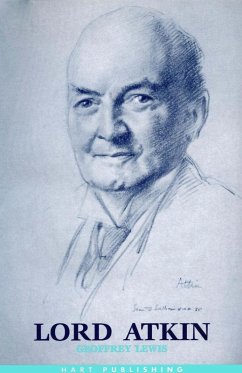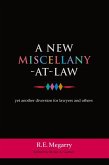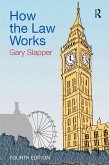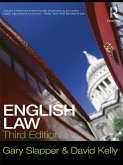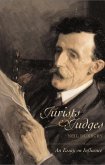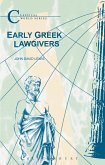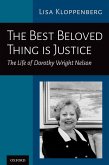One of the greatest of all English common lawyers,Lord Atkin it was who asked the question in Donoghue v. Stevenson 'Who then in law is my neighbour?' which became the foundation of the whole modern law of negligence. His courageous dissent in the wartime detention case of Liversidge v. Anderson is now recognised as a historic stand on principle. This book contains absorbing accounts of the background to these two great cases, as well as an assessment of their significance in the legal history of this century.
It is the only legal biography of its kind. Instead of taking the conventional narrative form it treats individually the principal themes of Lord Atkin's decisions and illuminates some less well known aspects of his work including the critical series of Canadian constitutional appeals in 1936.
In showing the strong influence on his thinking of Lord Atkin's home life and upbringing in the Welsh countryside, this study confirms Lord Wright's conclusion that it was first and foremost a liberal spirit which animated Atkin's work.
This is a reprint of a work first published by Butterworths in 1983.
It is the only legal biography of its kind. Instead of taking the conventional narrative form it treats individually the principal themes of Lord Atkin's decisions and illuminates some less well known aspects of his work including the critical series of Canadian constitutional appeals in 1936.
In showing the strong influence on his thinking of Lord Atkin's home life and upbringing in the Welsh countryside, this study confirms Lord Wright's conclusion that it was first and foremost a liberal spirit which animated Atkin's work.
This is a reprint of a work first published by Butterworths in 1983.

